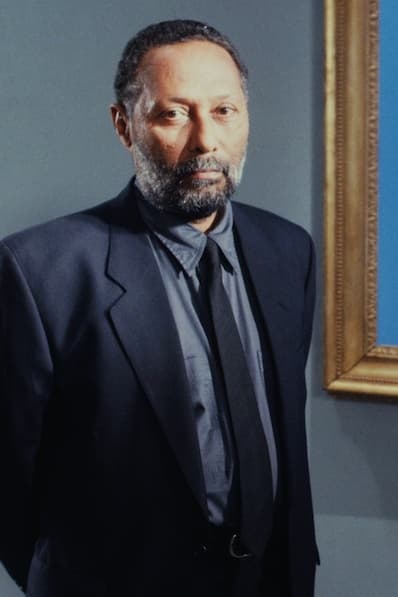
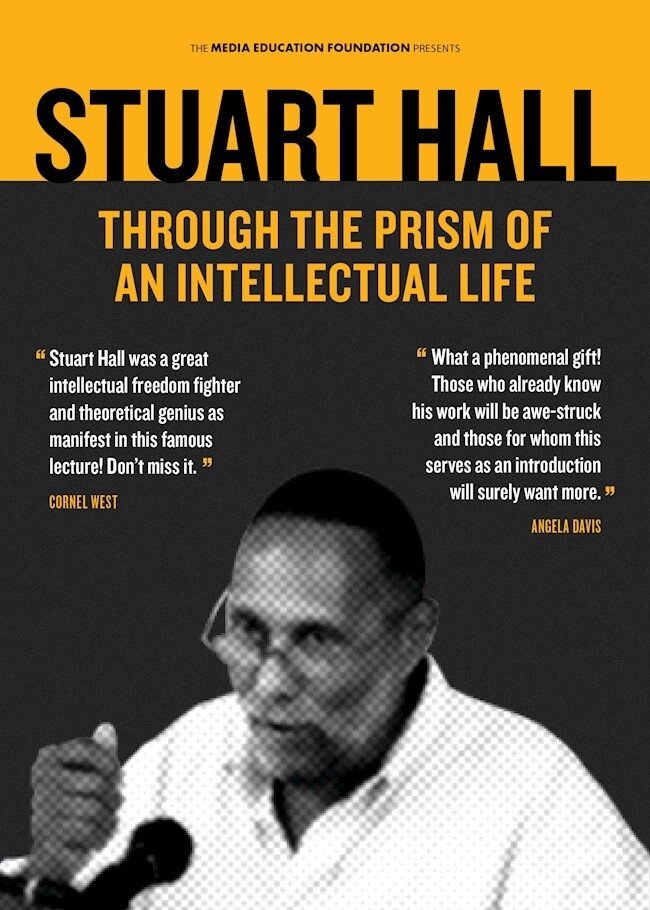
In one of Stuart Hall's most famous lectures, Hall speaks with dazzling precision about the responsibilities of intellectuals in the face of undemocratic structures of power, injustice, racism, and inequality.

Exploring how punk influenced politics in late-1970s Britain, when a group of artists united to take on the National Front, armed only with a fanzine and a love of music.
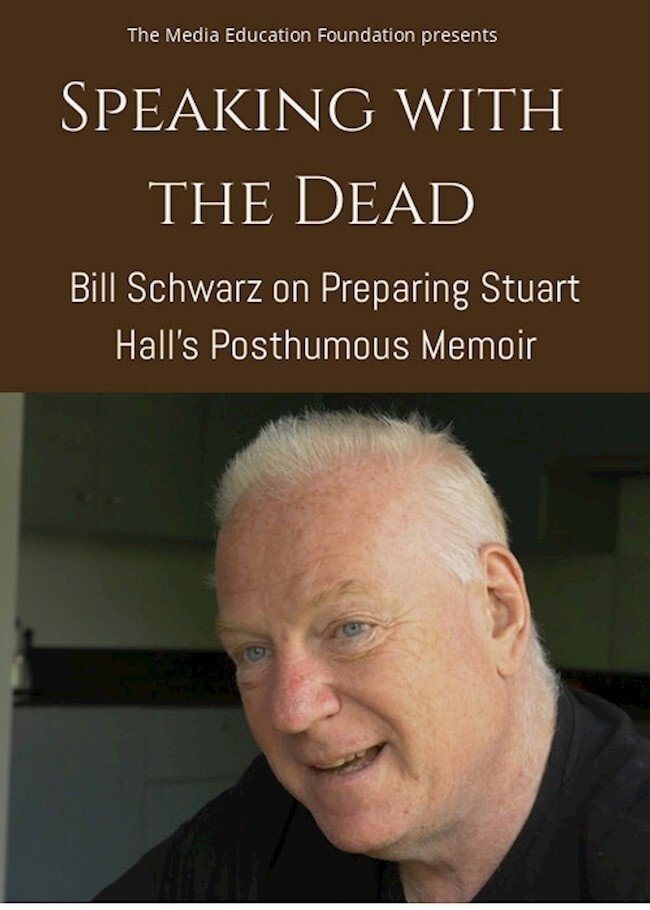
When the world-renowned cultural and political theorist Stuart Hall died in 2014, he left behind an unfinished 300,000-word memoir. In this interview with MEF Executive Director Sut Jhally, Bill Schwarz talks about the challenges of preparing the final published book, detailing his negotiations and conversations with the disembodied words of an author who cherished dialogue above all else.

Through juxtaposing and layering archival footage with text, music and photographs, The Unfinished Conversation crosses the memory landscape of Stuart Hall, the Jamaican-born British cultural theorist, to reflect on the nature and complexities of memory and identity.
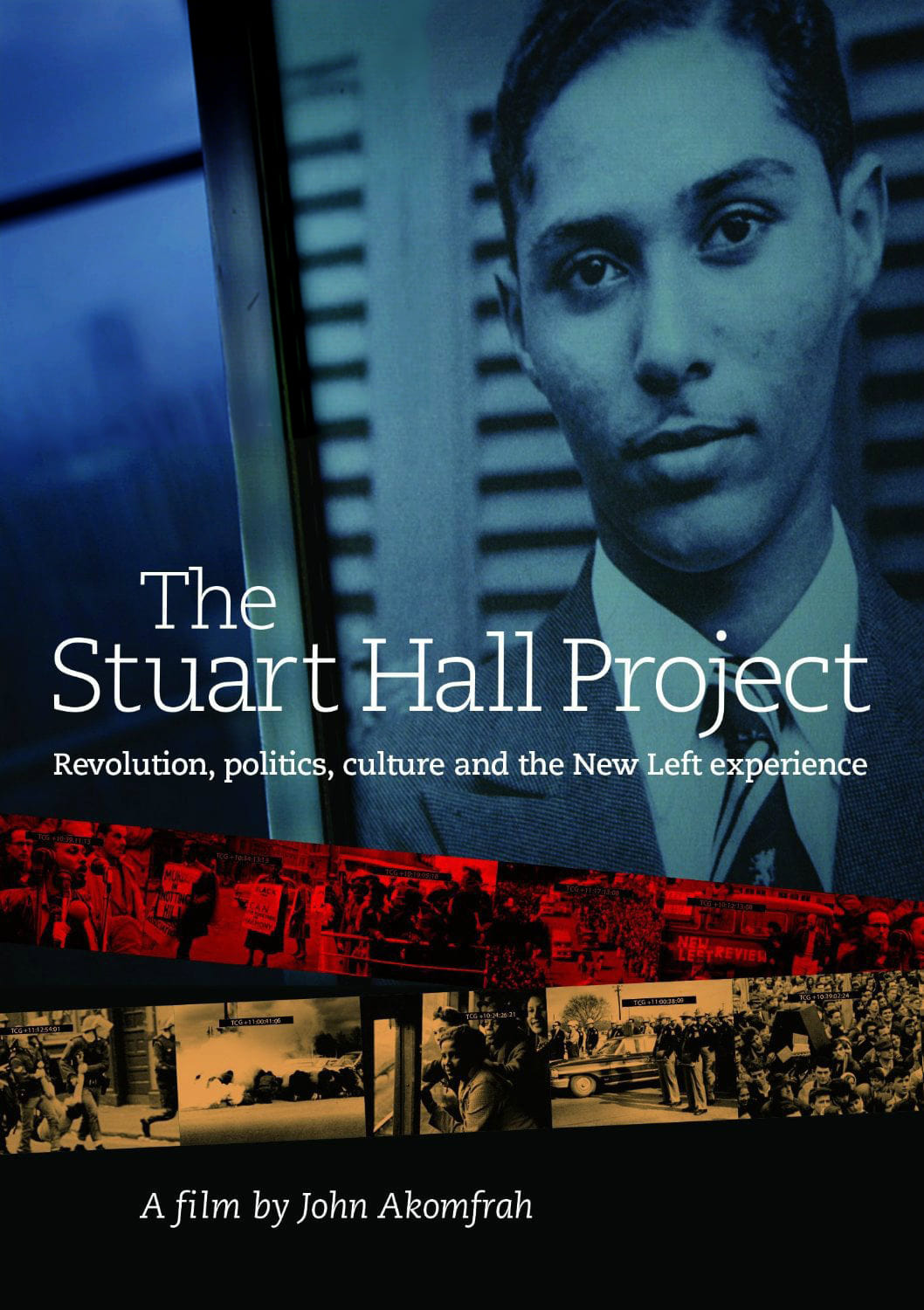
A person’s culture is something that is often described as fixed or defined and rooted in a particular region, nation, or state. Stuart Hall, one of the most preeminent intellectuals on the Left in Britain, updates this definition as he eloquently theorizes that cultural identity is fluid—always morphing and stretching toward possibility but also constantly experiencing nostalgia for a past that can never be revisited.
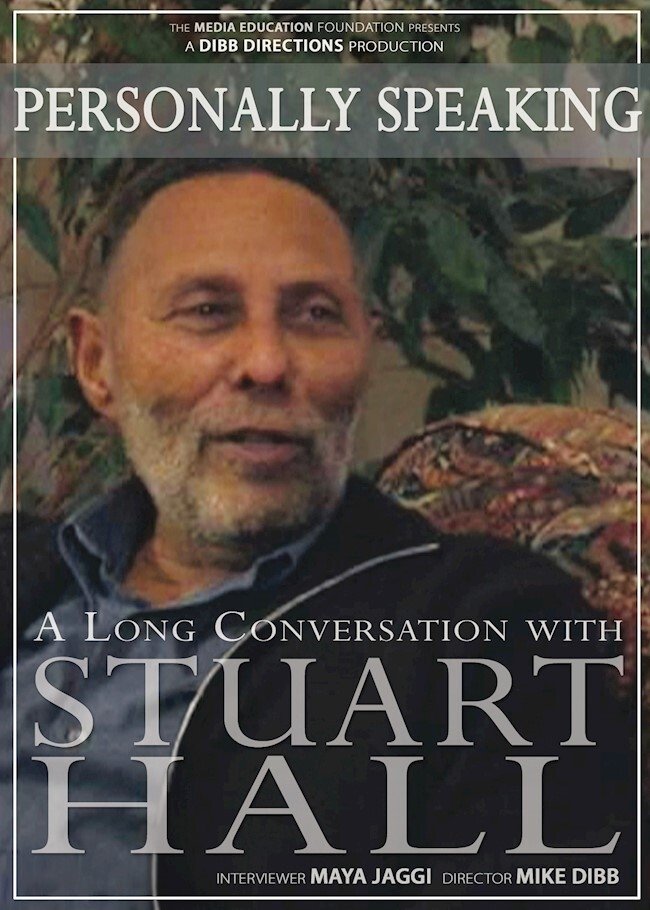
In this stimulating and eloquent four-hour interview, conducted by the literary journalist Maya Jaggi and directed by Mike Dibb, Hall reflects on his life and career, talking personally and in depth about the trajectory of his work and how it has intersected with broader political movements. In a conversation both intimate and sweeping in scope, Hall describes his migration from Jamaica to England, his immersion in left-wing politics in London, the influence of Raymond Williams and E.P. Thompson on the evolution of his thought, and the context within which the early classic texts of cultural studies were written. Hall also shares his pessimism about the economic recession and his optimism about Barack Obama's victory. Future analysis of Hall's work, and of cultural studies in general, will need to take account of this fascinating and indispensable first-person account of his life and ideas.

In this re-mastered lecture from 1989, Stuart Hall provides an extraordinarily clear summary of the origins of cultural studies. Hall discusses the founding of cultural studies at the University of Birmingham, the field's baseline concern with issues of symbolic representation and power, and how cultural studies ultimately gained an institutional foothold at the "frontiers of intellectual and academic life by testing the fine line between intellectual rigor and social relevance." An excellent introduction to Hall's work, and to the broader social, political, and economic concerns that have shaped cultural studies.
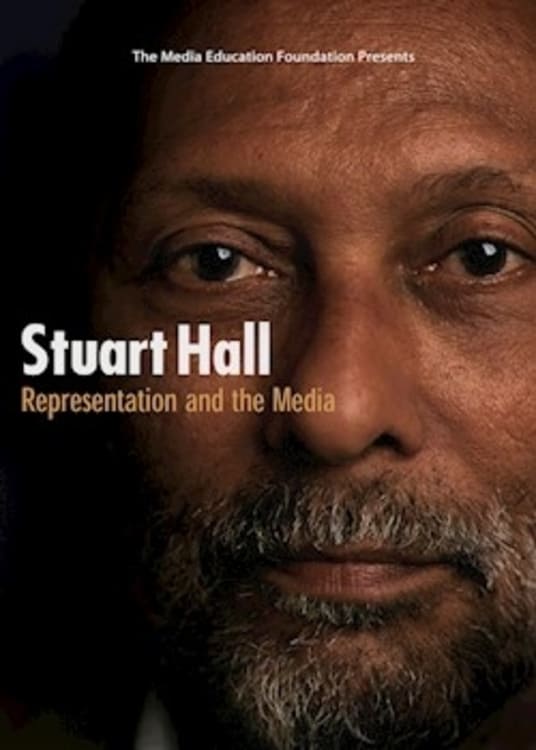
Cultural theorist Stuart Hall offers an extended meditation on representation. Moving beyond the accuracy or inaccuracy of specific representations, Hall argues that the process of representation itself constitutes the very world it aims to represent, and explores how the shared language of a culture, its signs and images, provides a conceptual roadmap that gives meaning to the world rather than simply reflecting it. Hall's concern throughout is the centrality of culture to the shaping of our collective perceptions, and how the dynamics of media representation reproduce forms of symbolic power.
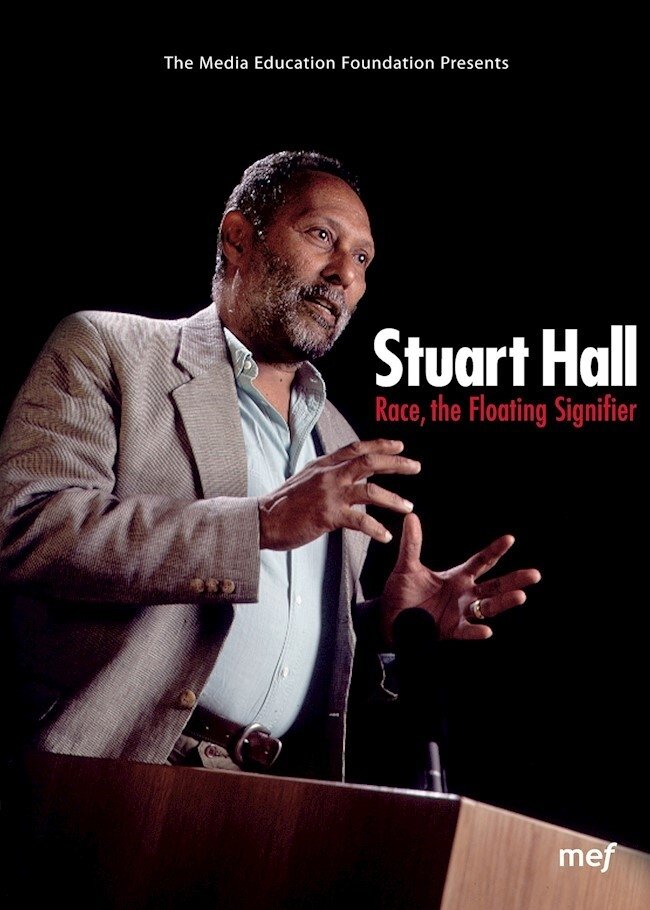
Stuart Hall offers an accessible and clarifying analysis of the social construction of race and racial difference. He explores how variations in people's appearances come to be mistaken for essential differences. He traces how these misinterpretations function both to express and to reproduce dominant power relations. And he argues for more rigorous engagements with identity, representation, and contingency capable of acknowledging and respecting difference without essentializing it. An ideal introduction to how cultural studies intervenes in debates about race, representation, identity, and power.
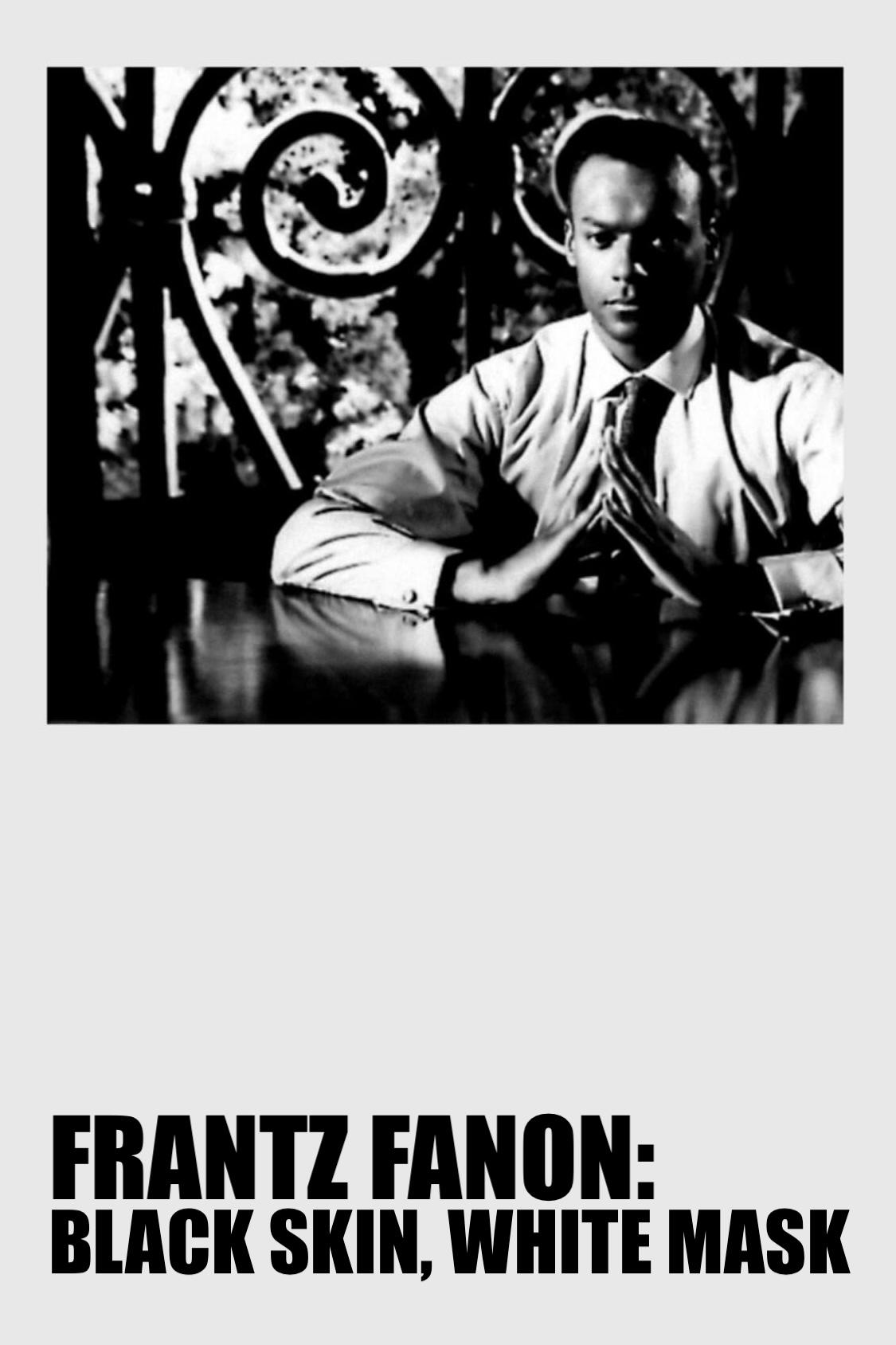
Explores the life and work of the psychoanalytic theorist and activist Frantz Fanon who was born in Martinique, educated in Paris and worked in Algeria. Examines Fanon's theories of identity and race, and traces his involvement in the anti-colonial struggle in Algeria and throughout the world.
Stuart Henry McPhail Hall (3 February 1932 – 10 February 2014) was a Jamaican-born British Marxist sociologist, cultural theorist, and political activist. In the 1950s Hall was a founder of the influential New Left Review. At Hoggart's invitation, he joined the Centre for Contemporary Cultural Studies (CCCS) at Birmingham University in 1964. Hall took over from Hoggart as acting director of the CCCS in 1968, became its director in 1972, and remained there until 1979.[3] While at the centre, Hall is credited with playing a role in expanding the scope of cultural studies to deal with race and gender, and with helping to incorporate new ideas derived from the work of French theorists such as Michel Foucault. Hall left the centre in 1979 to become a professor of sociology at the Open University. He was President of the British Sociological Association from 1995 to 1997. He retired from the Open University in 1997. After his death in 2014, Stuart Hall was described as "one of the most influential intellectuals of the last sixty years".
By browsing this website, you accept our cookies policy.